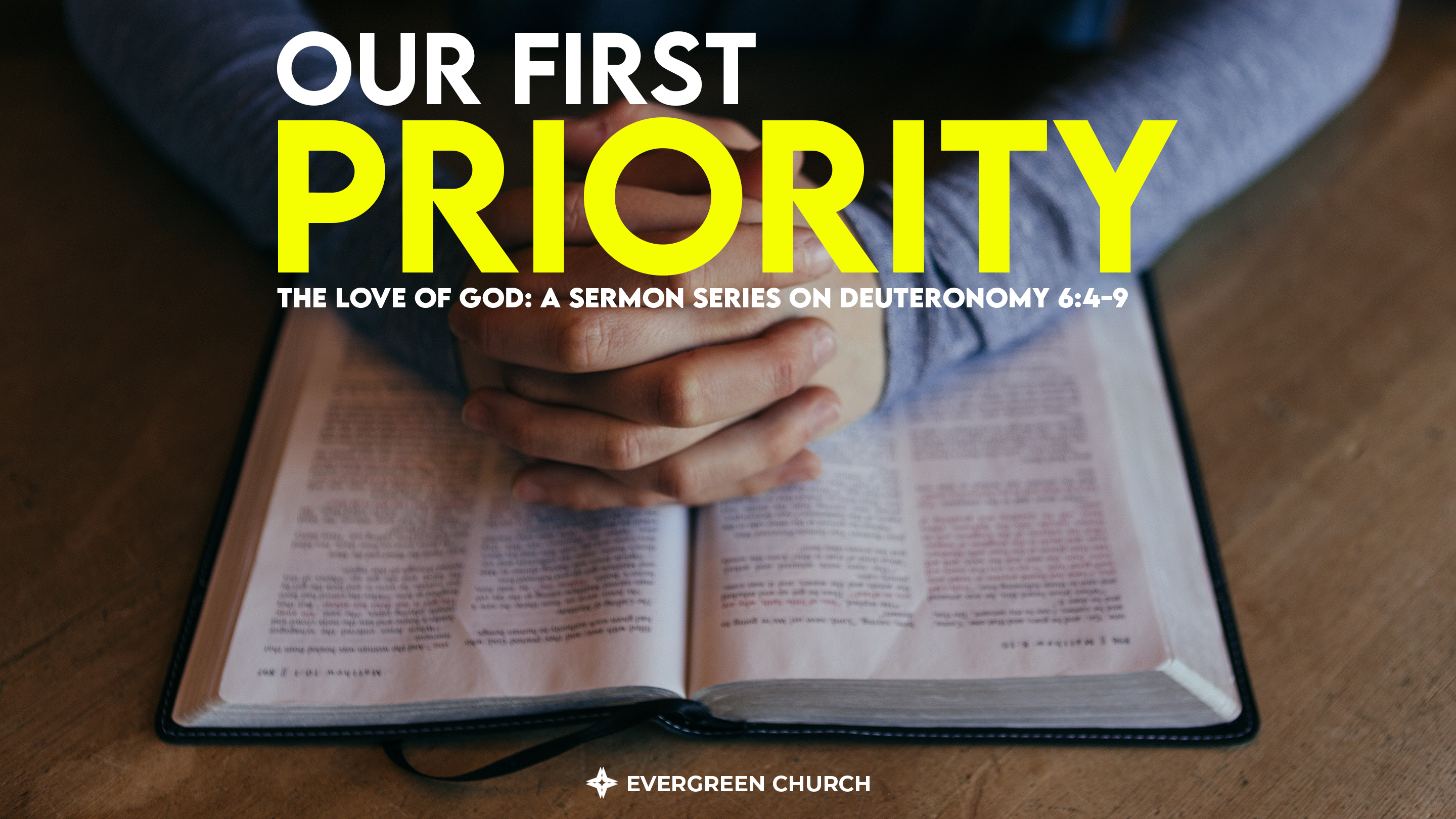
[Listen to an audio version here]
Why do we like love stories so much? Because this world is about love. We are made to love. Our life is fulfilled through love. That’s where the meaning is. When we are facing the end of our lives, what is it we want most? We want the people we love around us. We may not reflect on it, but that’s really what gives our life joy and meaning.
The Bible is all about love. That’s what we learn in this passage. The teachers of the law said that this was the most important passage. The Jews would write it down and put it in little boxes and say it twice a day. Jesus said that this was what the Old Testament was all about, loving God and our neighbor.
But what does it really mean to love? That’s what we want to try and understand by considering verse 5 in the context of the book of Deuteronomy and applying it to our own lives. Our goal is to help us understand what it means to really love God and how we can do it better. By extension, this will also help us understand what love is in relationship to other people. We are going to look at this in three parts. First, let’s try to understand the word love. Then, we will try to understand what it means to love with all our heart and soul. Third, we will consider what it means to love with all our strength.
What It Means to Love
Deuteronomy gives us the greatest commandment in the Bible. This is contained in our passage. However, what’s interesting is that love in the book of Deuteronomy primarily refers to God’s love for His people and only secondarily to our love for Him. Moses speaks much more of God’s love toward us than our love toward Him.
What this means is that if we are going to understand what it means to love, we should understand what it means that God loves us. That will teach us how to love Him. So, what does it mean that God loves us?
First, it means that God pays attention to His people. Listen to Dt. 4:37, “Because he loved your ancestors and chose their descendants after them, he brought you out of Egypt by his Presence and his great strength . . .” God loved them and chose them and thought about them. He saw them in Egypt and paid attention to their situation. Why? Because He loved them and chose them. So, He took an interest in them and in their situation. He thought about them. He took notice of them.

